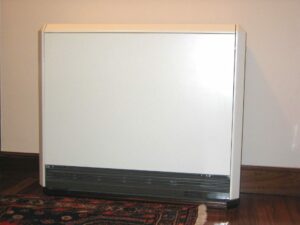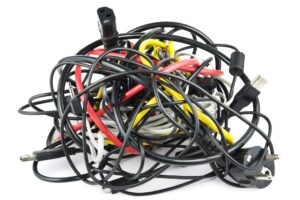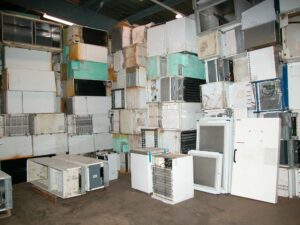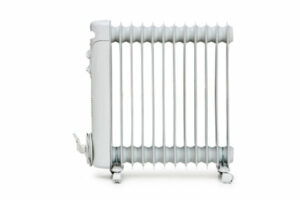Electric and electronic products and components


The collection of non-commercial electrical / electronic equipment takes place via the collection system for electrical / electronic waste ecotrel.
Used electric appliances contain material, which may be recycled as for instance metal, plastic and even some parts to be re-used but they also contain toxic substances in condensers, batteries, quicksilver switches, etc.
Check how environment friendly the new appliances are you intend to buy as well as their lifetime and energy consumption.
Manual dismounting of appliances, removal of parts containing dangerous substances and parts, which can be recycled, shredding of remaining parts and separation of plastic, precious metals, iron and non-iron metals.
IMPORTANT! Sockets and cable waste are not garbage!

Electric and electronic products and components

The collection of non-commercial electrical / electronic equipment takes place via the collection system for electrical / electronic waste ecotrel.
Used electric appliances contain material, which may be recycled as for instance metal, plastic and even some parts to be re-used but they also contain toxic substances in condensers, batteries, quicksilver switches, etc.
Check how environment friendly the new appliances are you intend to buy as well as their lifetime and energy consumption.
Manual dismounting of appliances, removal of parts containing dangerous substances and parts, which can be recycled, shredding of remaining parts and separation of plastic, precious metals, iron and non-iron metals.
IMPORTANT! Sockets and cable waste are not garbage!










